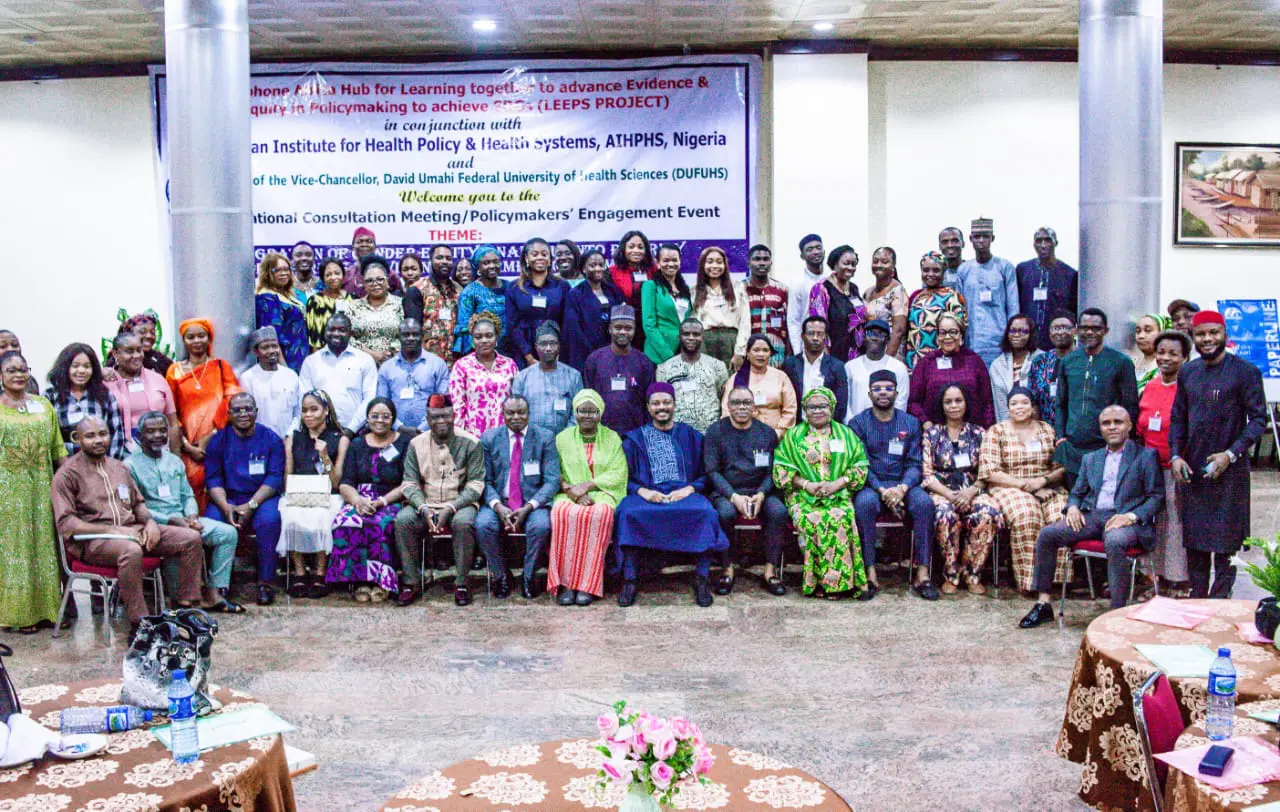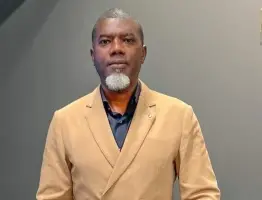Stakeholders from various sectors have convened to deliberate on the imperative of integrating gender equality principles into Nigeria's policy-making framework.
The discourse took place during the 4th National Consultation Meeting/Policymakers Engagement programme, a component of the Africa LEEPS project designed to enhance knowledge translation with a focus on promoting gender equality throughout all stages of the policy-making process.
Dr. Anna Ninsiima, a gender expert from Makerere University Uganda, delivered a compelling lecture highlighting that gender equality remains fundamental to achieving development goals. She noted that the UNDP acknowledges sustainable human development cannot be fully realized unless all genders can contribute equally to their societies.
"Gender inequalities significantly impact females, resulting in low self-esteem, reduced aspirations, dependency, limited education, and inability to maximize potential," Dr. Ninsiima explained.
She further emphasized that men's resistance to gender equality often stems from a preference to maintain the status quo, which proves detrimental not only to women's wellbeing but also to men themselves, potentially leading to risky behaviors, poor health outcomes, violence, and increased mortality.
Professor Jesse Uneke, Vice Chancellor of David Umahi Federal University of Health Sciences and Director of the African Institute for Health Policy and Health Systems Nigeria, presented on 'Gender Mainstreaming and Equality Analysis in Priority Policy Areas for the Development of the Policy Brief.'
"Gender analysis examines differences in assigned gender roles, conditions, needs, participation rates, and access to resources," Professor Uneke stated. "This analysis is vital not just at the beginning of policy design but throughout the entire policy-making and implementation process."
He elaborated that gender-responsive policies must account for both women's and men's interests and needs, while also considering the unique requirements of sub-groups within the dominant gender framework.
The Vice Chancellor outlined that institutionalizing gender mainstreaming involves integrating gender equality perspectives at all stages of policies, programs, and projects. He identified key aims including institutionalizing gender equality, mainstreaming gender-sensitive practices, and addressing hidden gender inequalities.
According to Professor Uneke, effective gender integration in policy-making encompasses problem identification, policy design, adoption, implementation, and oversight.
Participants expressed positive feedback following the event. Mrs. Rosemary Nduoma from the National Assembly and Ernest Agwu from the National Health Insurance Authority described the workshop as timely, educative, informative, and strategically relevant.
The event was jointly organized by the LEEPS Project, the African Institute for Health Policy and Health Systems Nigeria, and the African Institute for Development Policy (AFIDEP) Kenya, with support from the International Development Research Centre (IDRC) of Canada.
Stay updated with more policy development news by following BenriNews on our social media platforms: Facebook, Twitter, LinkedIn, WhatsApp, and Telegram.











